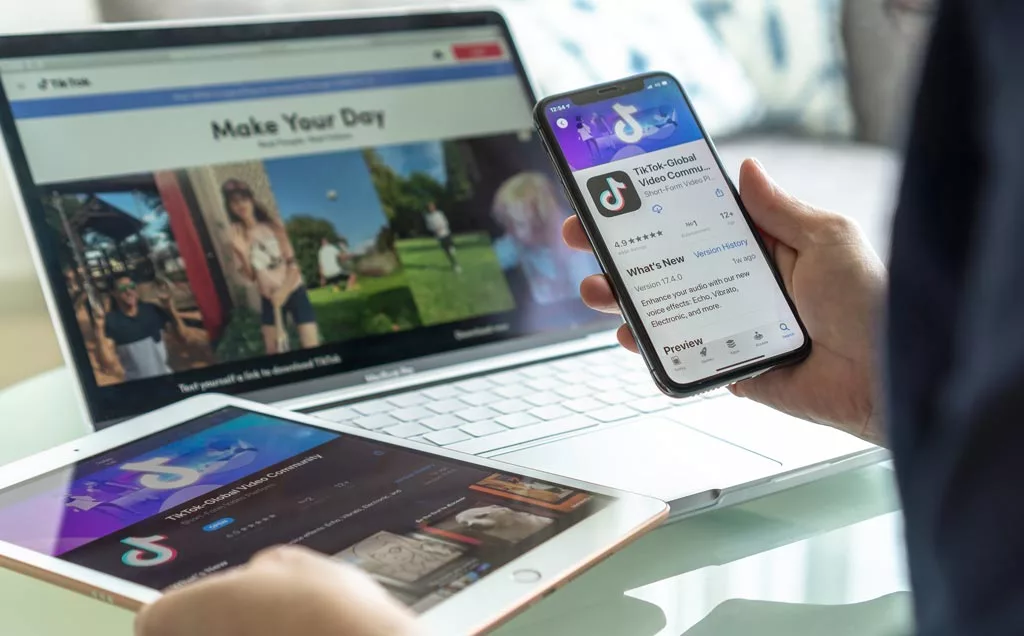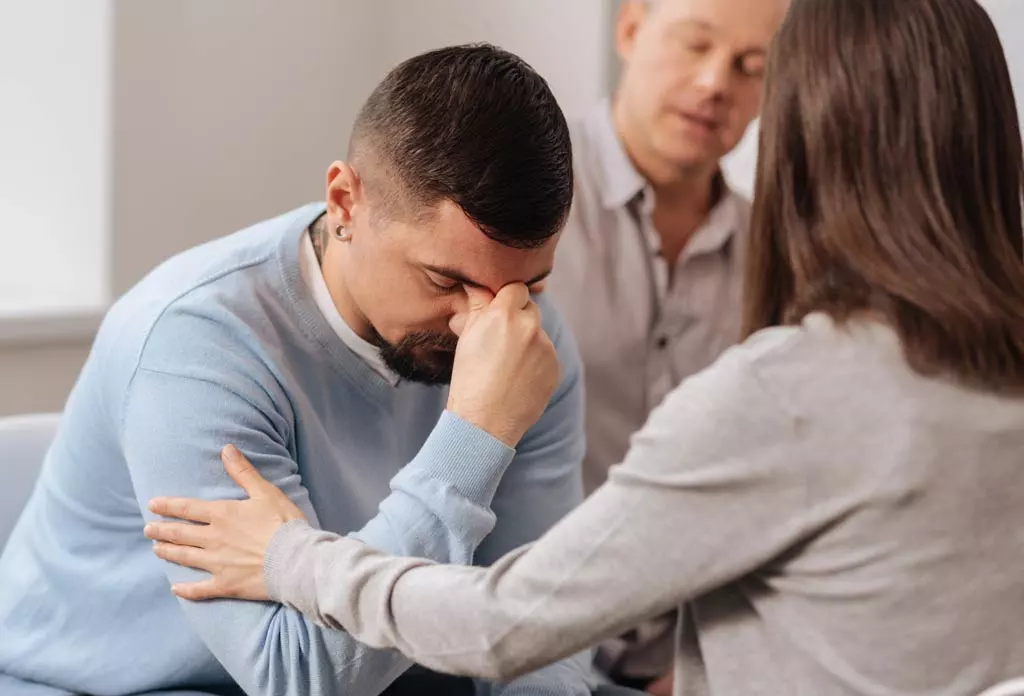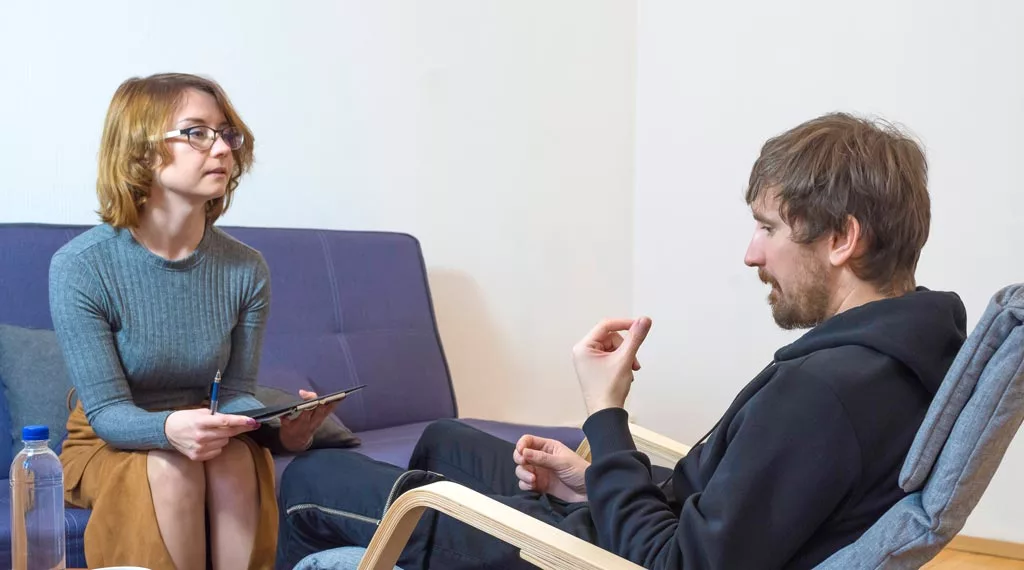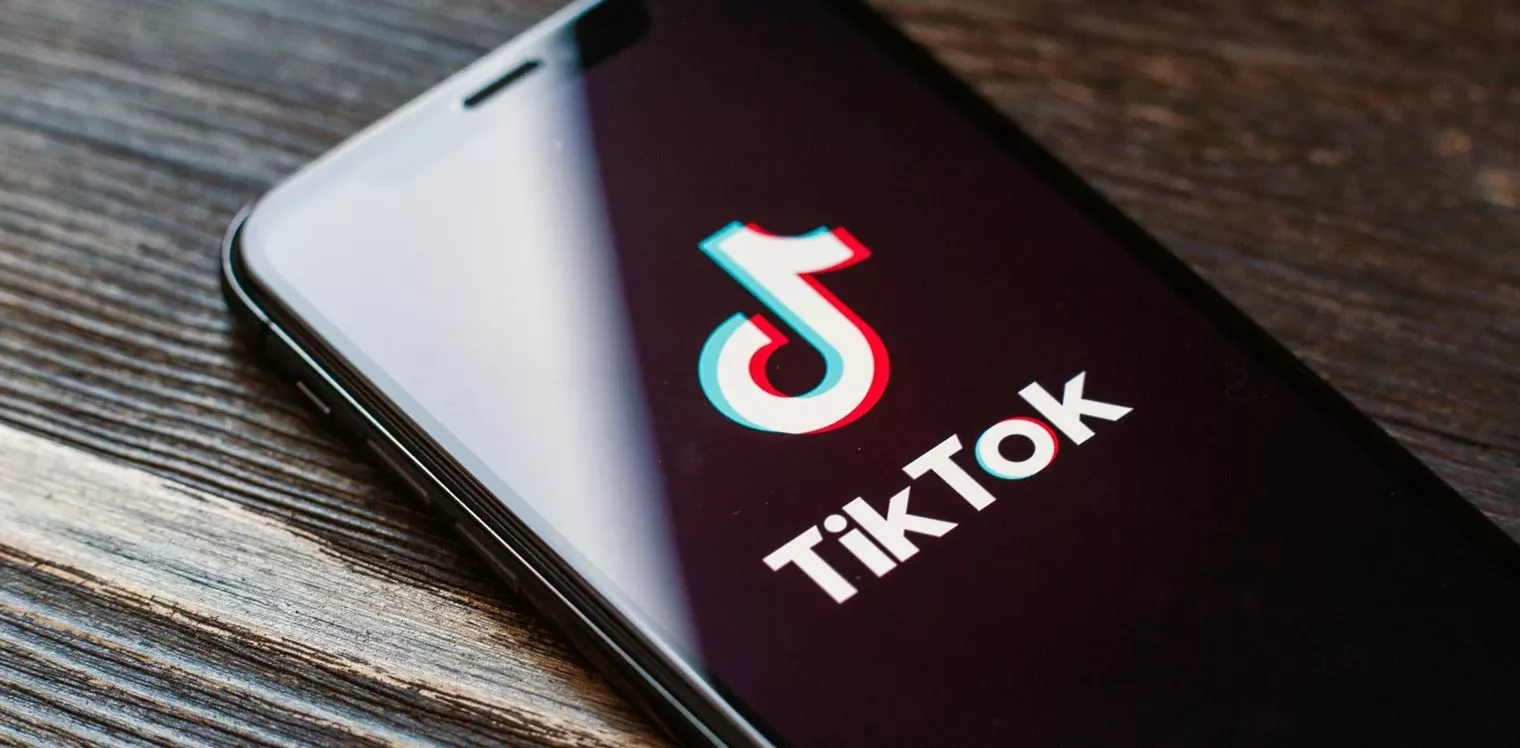
Tiktok Mental Health
Way back, before TikTok was even a thought in the creator’s mind – a decade before Instagram, and nearly a half-decade before Facebook – yes, way back to the Myspace era, an article was written regarding virtual support groups and social media platforms for mental and physical health conditions that encouraged the exaggeration, or full-blown creation, of disorders.
Any decent Google detective can conduct a few simple searches to find an entire collection of evidence referencing men and women who famously cried wolf and were called out on their delusions of grandeur – or in this case – misfortune. These might seem like isolated incidents, but rest assured, message boards are alive and thriving with misdiagnosis and misplaced pity from amateur mental health counselors to win the battle of likes and comments.
Most recently, TikTok’s mega-success has turned it into a platform for mental health awareness – frequented by content creators acting as medical experts on behavioral conditions whose Bachelor’s Degree in Hashtags gives them the authority to diagnose different conditions.
Keep reading to find out more about TikTok mental health trends, and why choosing an accredited facility like Emerald Isle for treatment is your preferred option!
Free Mental Health Assessment
“I Must Have It Too!”
Table of Contents
Take Internet celebrity Connor DeWolfe, the proud vlogger who nets likes and comments by creating videos about his adventures with ADHD (ADHD is one of the most popular Hashtags on TikTok). While his disorder may be real, is the power of suggestion manifesting mental health disorders in people who frequent channels like Connor’s?
One look at a section of comments from one of Connor’s videos with the Hashtag “ADHD Symptoms,” that usually depict his lack of attention span in a humorous way, and you’ll notice an entire gallery of “OMG, I must have ADHD” “Me Too!!” “Literally same! “#ADHDproblems” and many, many more.
Are we in a generation experiencing the highest number of mental health disorders in history? Or are we living through the generation of social media-induced mental illness, where sufferers hop on TikTok to receive a diagnosis the same way they’d receive a fortune reading or a horoscope?
TikTok and Youth Mental Health Issues
This issue isn’t the first and only example of TikTok being the center of mental health arguments. In March, eight states launched an official investigation into the platform and its interaction and effects on young people’s mental health.
The complaints state that TikTok’s algorithm purposely pushes content to younger children regarding the importance of looking good – but this could have negative results, risking a young adult’s well-being by causing them to become overly concerned with body image. They believe this has a marked effect on the mental state of young users, claiming it could lead to eating disorders, self-harm, and suicide.
TikTok responded, stating they have measures in place for parents to monitor the content of their kid’s views. The investigation aims to uncover whether TikTok is breaking the law in how they market the platform specifically to young people.
While this is undoubtedly an important issue that should be watched closely, the circumstances we’re focused on are the dangers of teens and young adults looking to TikTok for medical diagnosis, which opens the door for all types of dangerous situations.
Mental Health Conditions Cases On the Rise

An increasing number of teenagers and young adults have used the video-sharing platform TikTok in the past year to make their diagnoses of mental health issues like autism, ADHD, borderline personality disorder, dissociative identity disorder, obsessive-compulsive disorder, Tourette syndrome, and more.
Adolescent mental health is an extremely fragile subject and not one to be taken lightly. Any mental health content digested by young users should give them a positive personal experience and target their well-being by providing accurate information on mental illness.
This is problematic for several reasons, including the fact that a professional mental health care provider should always make a diagnosis and that not all TikTok producers publish useful information regarding mental health conversations.
Cases of young adults entering counseling and therapy are up higher this year than any other in recent memory. Many of them are being driven due to platforms like TikTok. There’s nothing wrong with this – as long as the creator provides accurate information that’s enriching for the viewer.
Looking Closely at the Credentials of Creators on TikTok
However, more often than not, this isn’t the case. There are several reputable mental health creators on TikTok. On the other hand, many are driven by motivations of gaining views and revenue, meaning that little to no fact-checking is being done, and there’s certainly no regulatory board for any social media platform.
We’re in an era where people are highly influenced by what they see on the internet. Some people are so much so that the way they live life and their actions are directly swayed by what they hear on social media. It’s clear to see how this can end up becoming a problematic situation.
Imagine a medical industry with doctors with no guidelines or regulatory compliance for how they advise patients and deliver medical advice. This is exactly what we have in the case of TikTok.
24 Hour Mental Health Hotline
The Dangers of Social Media Self-Diagnosis
Several reasons make self-diagnosis on TikTok so dangerous. We’ll focus on one particular disorder that’s seen often commented on by creators – disassociation and dissociative identity disorder.
At Emerald Health and Recovery, we deal with clients daily who suffer from this condition. A misdiagnosis can end up becoming a dangerous and unhealthy situation.
Disassociation is the process in which someone disconnects from reality and can happen temporarily for a short time or long period. This condition often stems from a traumatic experience a client has gone through that caused them to disassociate to protect their psyche.
During a shocking, traumatic experience for the victim, the mind disassociates – in other words, unplugging from reality and mentally checking out of the situation. It’s a natural mental reaction performed by our brain to protect us from the situation we’re experiencing.
Learning Processing and Coping Skills for Trauma

The problem is that the mind never processes this trauma, and the disassociation often continues for an extended period. A prime example is the story of a young woman in Michigan who suffered the traumatic loss of the father of their infant son at the age of 18.
This loss was more than she could handle mentally and emotionally. As time progressed, she began living a delusion that her boyfriend, who was murdered, wasn’t dead but, in fact faking his death as a part of a secret military operation.
These delusions continued for years, to the point where she even thought people she knew were her deceased boyfriend in disguise. This case gives a detailed explanation of how complex and life-altering this condition can be. In this young lady’s case, the condition progressed into dissociative identity disorder, which often happens. The identity disorder manifests as a result of the person creating different personalities to deal with the trauma they’ve experienced.
Because of the severity of the disorder, self-diagnosis can lead to multiple complications. The following list outlines the dangers of self-diagnosis on TikTok:
- Users may receive a completely misconstrued picture of what their illness truly consists of. This can lead to the individual either overplaying their disorder or downplaying it. Either way, this leads to an inaccurate understanding of the disorder, making it difficult for them to make any progress.
- In the specific case of disassociation, the user could potentially further the complications of their condition by enhancing the delusions they’re already experiencing.
- The individual could put too much faith into the “help” they’re receiving on TikTok, potentially causing them to avoid seeing true mental health professionals.
To help avoid potential issues, consider the tips in the following section to help prevent problems with mental health and TikTok.
Avoiding Mental Health Complications
When seeking guidance, be wary of both the source and the person offering it. Good information abounds on the web, but not all of it can be trusted. Before taking anyone’s advice, be sure they have genuine knowledge in the field, you’re considering.
Use sites ending in .gov or .edu, if you need trustworthy information regarding a medical problem. Then discuss your worries with your doctor or a professional in the field of behavioral health. If you feel you are experiencing a mental health crisis, depending on its severity, please reach out to our team at Emerald Isle Health & Recovery or emergency services immediately.
Keep these tips in mind:
- Keeping an eye on the “For You” tab is a must. If you’re caught in an endless loop of unsettling stuff, try following tags that make you happy instead. You may also choose to completely overhaul your “For You” page.
- Please remember that TikTok is not a replacement for professional mental health care. Individualized attention from a trained therapist is a necessary component of the therapeutic process, which TikTok does not replace. TikTok can give you acceptance and a sense of belonging, but if you have serious doubts about your mental health challenges, you should consult a medical practitioner.
- Break for TikTok. Getting lost on TikTok isn’t difficult; before you know it, an hour has passed, and you haven’t left the platform. Take a tech-free break during the day to refuel your body and mind. Your phone’s settings may also be used to enforce limits on social media use, such as shutting down access after a specific period has elapsed.
- Try to spot the indicators. Talk to your doctor or a mental healthcare professional if you see that your TikTok and social media use negatively impact your life.
Immediate Placement for Mental Health Treatment
Real Life Help for Real World Problems at Emerald Isle
It’s important to find a community that you can speak to about stress, anxiety, and depression, not to mention count on their reliable advice. However, TikTok videos may be misdirected, and originate from the wrong perspective for your personal situation.
At Emerald Isle Health and Recovery, we help people with mental health issues of all kinds on a daily basis. We can help you understand your challenges and put you on the right path to healing. Contact a member of our admissions team for more information on how we can help you return to normal living.








